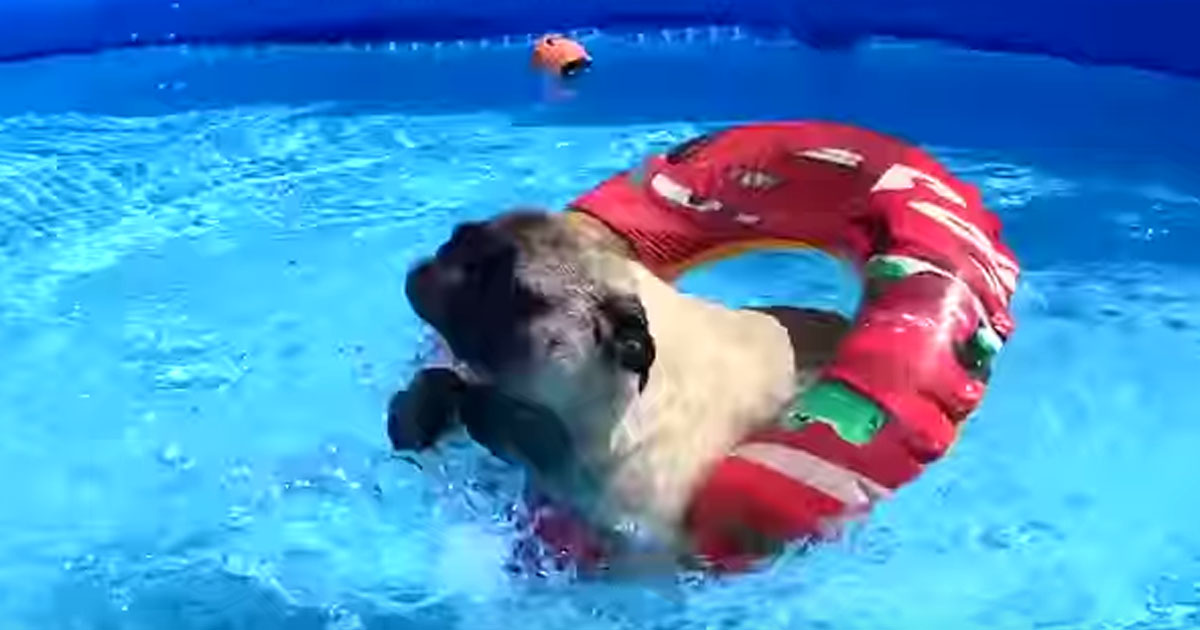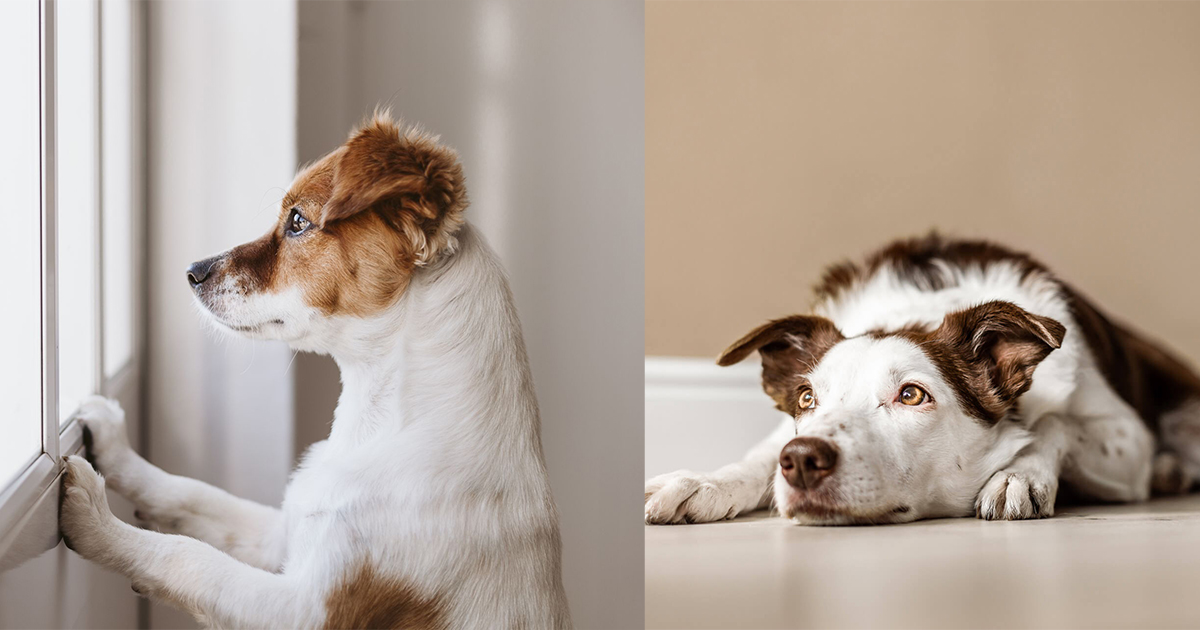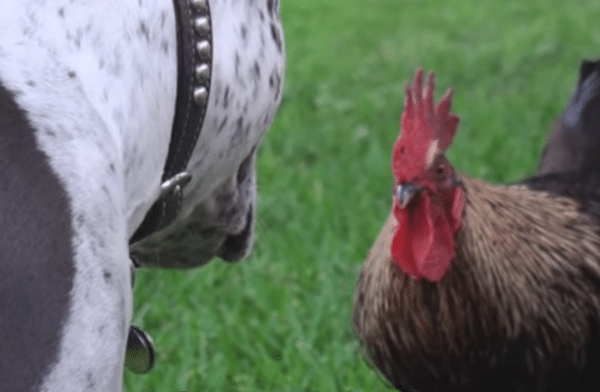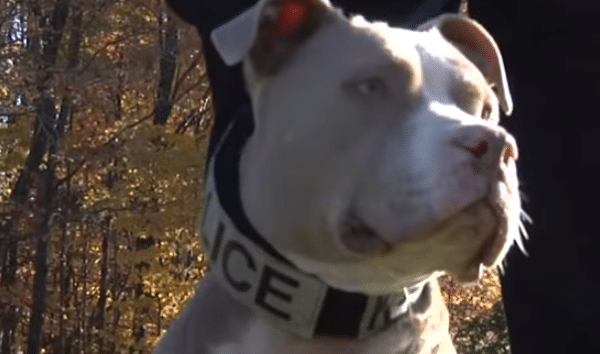The death of a beloved pet can be a harrowing and emotionally draining experience. Though it may be difficult to accept, the truth is that this is a part of life that everyone must go through at some point. If you’ve recently lost your fur baby and are struggling with grieving their passing, it’s essential to know that you’re not alone in your sorrow – many resources are available to help guide you through the process.
This blog post will provide an overview of how best to cope with a loss so you can start putting together the pieces of your heartbreak into something meaningful.
Why Does My Pet Dying Hurt So Much
The bond between humans and their pets is special because it is unconditional—no matter how we look or act, our pets always love us unconditionally. This strong connection has been reinforced over years of companionship and shared experiences that create an unbreakable bond. When the death of a pet breaks that bond, it can be hard to move on without feeling immense sorrow for your loss.
When you lose a pet, you may also feel like you are losing part of your identity. Your pet was likely more than just an animal in your life; they were a best friend who brought joy into your daily routine. The absence of this special companion can leave us feeling lost and lonely. Mourning the loss of a beloved friend can help us come to terms with their passing while allowing us to remember all the happy memories we shared.
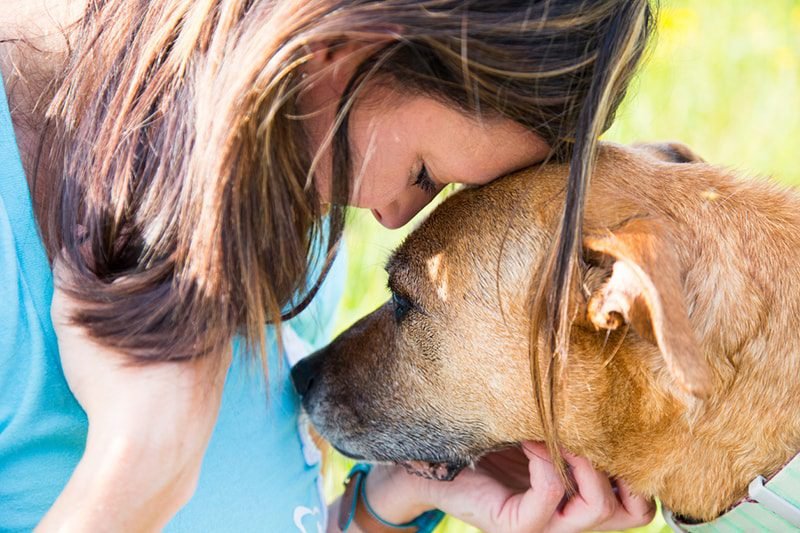
The Human Grieving Process and Common Emotions from the Pain of Pet Loss
Losing a pet is one of the most challenging experiences in life. The grief that comes with pet loss can be overwhelming and hard to process. Whether it’s your first time experiencing this type of loss or if you’ve gone through it, it’s essential to know that there are stages of grief associated with pet loss—denial, anger, bargaining, depression, and acceptance. So let’s take a deeper look at how these stages manifest themselves.
Denial
Denial is often the first stage people go through when they experience a loss. It is natural to want to deny reality due to the intense pain and shock that accompanies the death of a pet. Denial can be expressed as disbelief or numbness and can be an effective way for people to cope in the short term.
Anger
Anger may follow denial for some people as they express frustration at what has happened. Anger can manifest as feeling betrayed by your pet or mad at yourself for not doing anything differently. This is all part of the grieving process, and it’s important to allow yourself to go through these emotions without judgment so that you can move on from them later in your healing journey.
Bargaining
Bargaining is another typical response during times of grief. People may make promises like “if only I had done X differently, then my pet would still be here” or “I would do Y if I could just have my pet back again” to cope with what has happened. It’s important to try not to get stuck in this stage because even though bargaining might help temporarily, it won’t bring back your beloved pet dog in any absolute sense.
Depression
Depression is an emotion often associated with mourning, especially when dealing with the death of a beloved family member—including pets! Depression can show up as helplessness and loneliness and cause physical ailments like headaches or fatigue. Mourning process takes time. If depression feels too overwhelming, you should seek professional help from a therapist might be beneficial for managing this stage more effectively so that you don’t get stuck here long-term.
Acceptance
Acceptance is often seen as the final stage of grieving; however, this doesn’t mean that you necessarily “accept” what happened or come to terms with it entirely but rather acknowledge that your beloved pet dog is gone and begin moving forward slowly but surely on your words when you’re ready for it. Remember that everyone grieves differently, and there’s no timeline for how long this process should take; all that matters is that you are gentle with yourself throughout every step.
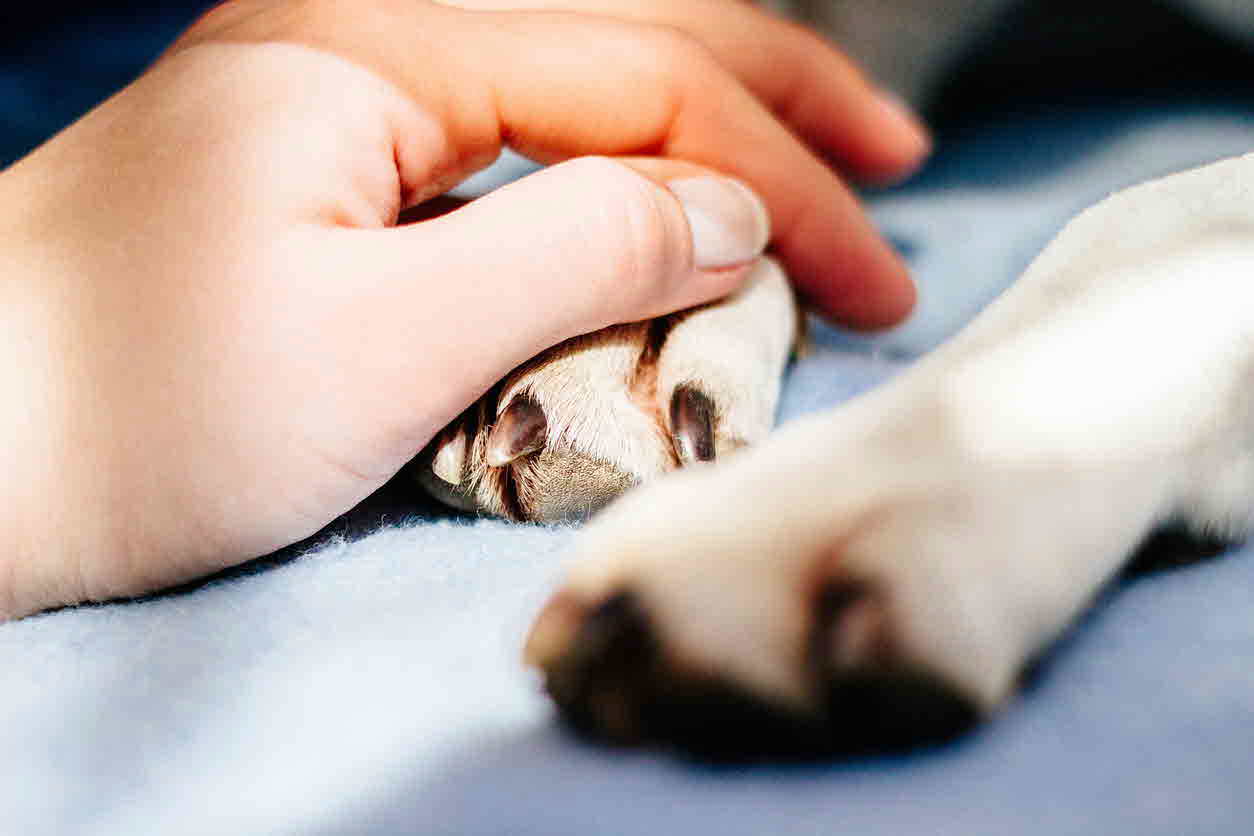
12 Ways to Recover From Losing a Pet
Losing a beloved pet can be one of the most challenging experiences in life. While there is no right way to grieve, there are things that you can do that may help you cope and eventually move on from the loss of your dog. Here are twelve ways to recover from losing a pet.
Acknowledge Your Feelings
When your dog died, it is essential to allow yourself to feel all the overwhelming emotions that come with loss. It is normal to go through stages of grief, such as denial, anger, bargaining, depression, and acceptance. Make sure to give yourself time and space to process your emotions without judgment or guilt.
Take Your Own Time
The loss of a pet isn’t something you should try to rush through or skip over. Instead, take as much time as you need to process your emotions and grieve in whatever feels right. You may find solace in talking to friends or family, writing in a journal, or simply spending some alone time reflecting on all the memories shared with your beloved pet. Be patient and gentle with yourself during this challenging period in your life.
Create a Memorial
Creating a memorial for your pet’s death is a great way to honor their life and celebrate all the joy they brought you over the years. There are many different ways to do this—you could plant a tree or flowers in their memory, make art inspired by them, or write down cherished memories from when they were still alive. Having something tangible that serves as an homage to their spirit can be incredibly comforting during times of sorrow.
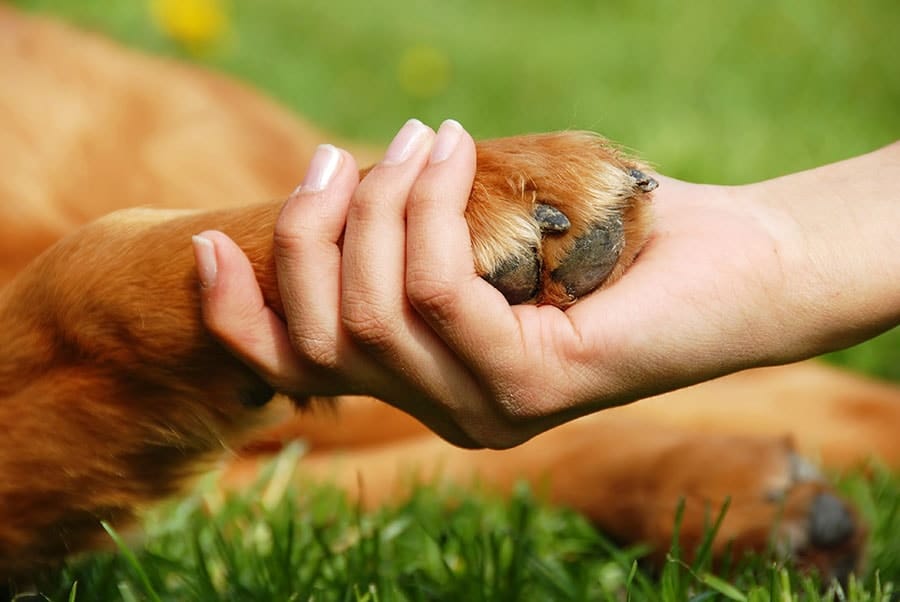
Volunteer for Animal Shelters
Volunteering at an animal shelter will not only help distract you from your pain and give back to other animals in need—something your previous animal would surely appreciate! In addition, helping out around the shelter allows you to show love to other furry friends while surrounded by four-legged companionship.
Suppose volunteering isn’t an option due to financial constraints or a lack of available shelters near you. In that case, there are other ways to help, such as donating money or supplies or spreading awareness online about adoptable animals in need of homes.
Listen To Uplifting Music
Listening to music can be an incredibly healing activity regarding grief recovery. Choose songs that make you feel good, uplifting pop tunes, or soothing classical pieces. Take some time each day to listen to music you enjoy while thinking fondly of your pet—this will help boost your mood and lessen any feelings of depression or sadness accompanying pet loss.
Write Down Your Feelings
When your cat died, writing down your feelings can also be beneficial when dealing with loss. Writing helps us get our thoughts out into the open, where we can better understand our feelings and how we want to respond. Consider keeping a journal dedicated specifically to this purpose—you may find that writing about your experiences helps bring clarity during this difficult time.
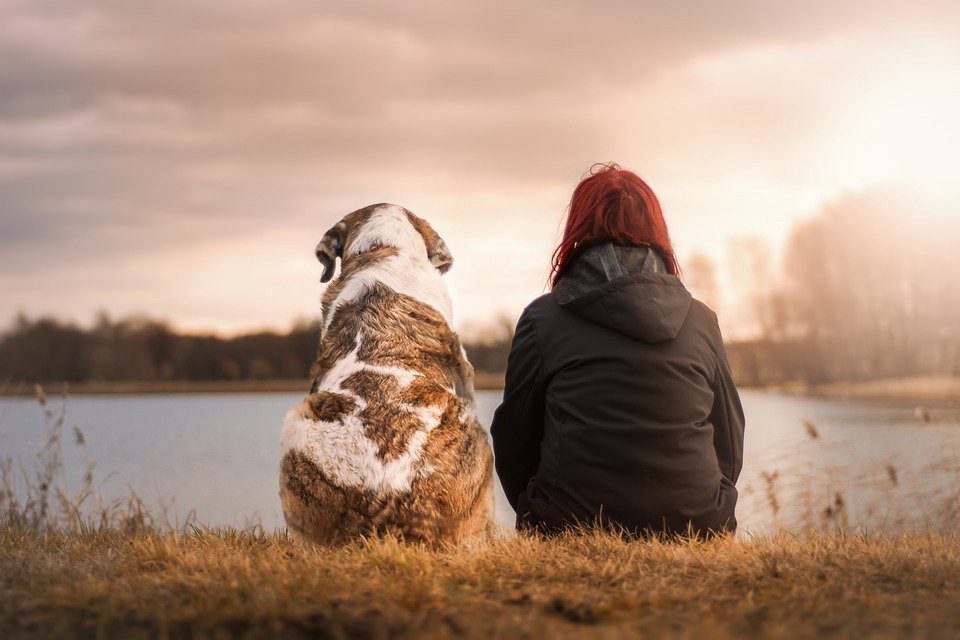
Importance of Self-care
We must practice self-care after losing a pet for physical health and emotional well-being. Eat nourishing meals, take walks in nature if possible, get plenty of sleep each night, and do whatever makes you feel physically and mentally (meditation, yoga, etc.). Being mindful of our needs is essential during times like these—it gives us strength as we work through our grief journey toward recovery.
Avoid Feeling Guilty
When a pet dies, it is natural for many pet owners who have lost a furry companion to feel guilty about their role in the animal’s death. Some may even feel anger at themselves and feel sad. But it is important not to dwell on these feelings as they will only add unnecessary stress and complicate the healing process. If you feel guilt, focus on all the positive memories you shared with your pet and how much joy they brought into your life.
Think About the Good Times
Remembering happy moments with your beloved pets can be comforting during this difficult time; spend some time looking through pictures or videos of special times spent together and talk about them with loved ones who shared those experiences with you – it might bring comfort knowing others miss them too.
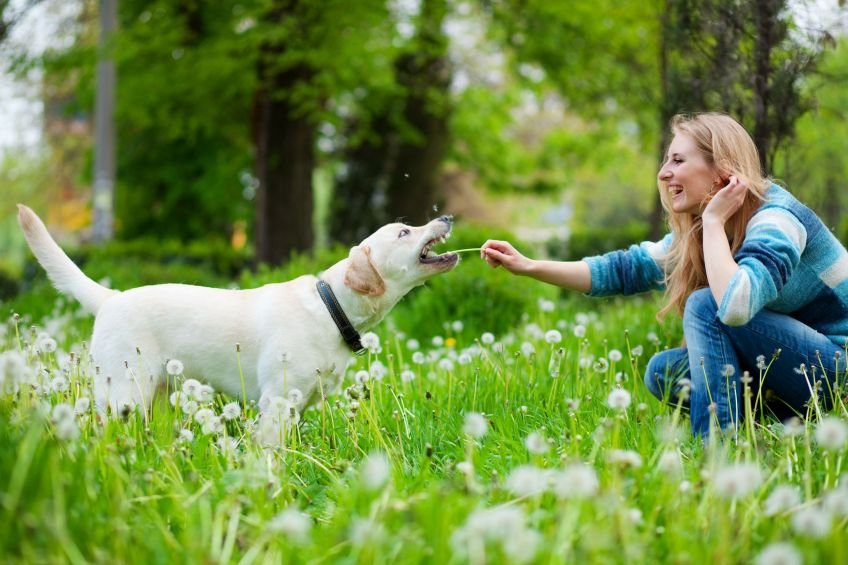
Distract Yourself as Much as Possible
Find ways to keep busy; take up a hobby such as painting or gardening that will occupy your mind while providing creative outlets for grief process in healthy habits. Exercise has also been proven beneficial in helping individuals cope with depression caused by loss; try joining a gym class or running club.
Get A New Puppy If You Are Ready
Don’t make rash decisions if you don’t want but if you think you are ready, getting a new pet could help fill the void left behind by the previous one. In addition, having a new animal around the house might make it easier to transition back into having a canine companion at home once more.
Keep Up With Your Routine
Keeping up with daily routine help provide a sense of structure and stability at a time when feeling anything but; maintaining regular activities like going work the gym or going to the grocery store, even simple task like walking the dog (if you don’t yet have another one ) will provide sense normalcy keep spirits high.

How to Move on From Losing a Pet?
Allow Yourself Time to Feel Grief
The grieving process looks different for everyone, but giving yourself time and space to feel your emotions without judgment or criticism is essential. Don’t be afraid to cry, talk about your dog, or express any other emotions you might feel after losing them. If you don’t feel comfortable talking openly with friends and family, consider joining support groups online or talking with a grief counselor.
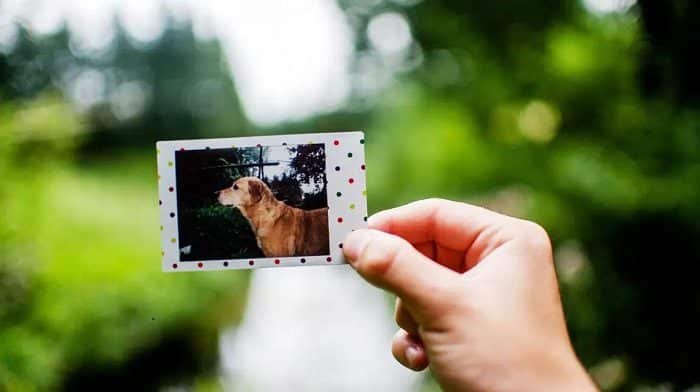
Take Care of Yourself Physically
It’s easy to forget about caring for yourself while grieving, but self-care is essential. Make sure you’re eating healthy meals—even if it takes extra effort—and getting plenty of rest. Exercise can also help reduce stress levels and boost mood; try going for a walk outdoors or even doing yoga at home if you don’t feel ready for the gym yet.
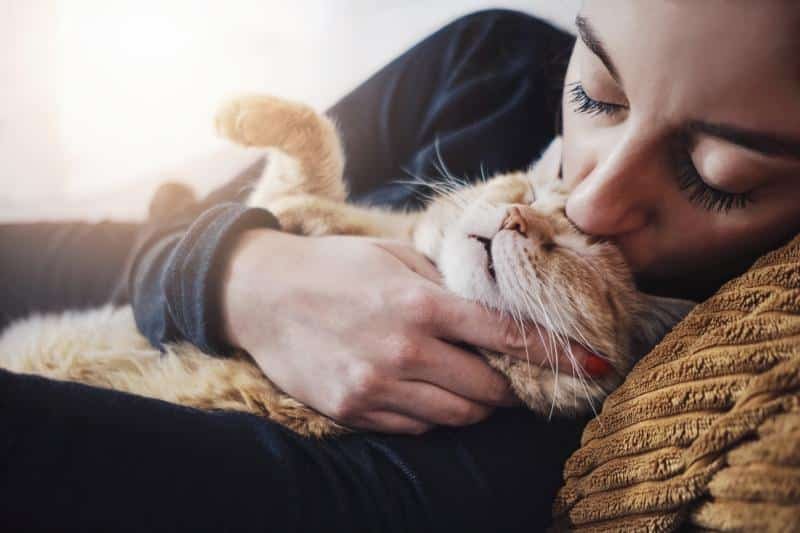
Create Something Meaningful in Their Memory
There are many ways that you can remember your pet long after they’re gone. Consider making something creative such as a photo album or scrapbook filled with memories from your time together. You could even plant a tree in their memory or make donations to animal charities in their name. No matter what type of memorial you choose, make sure that it’s meaningful to both you and your pet so that it will serve as a reminder of all the love between the two of you.
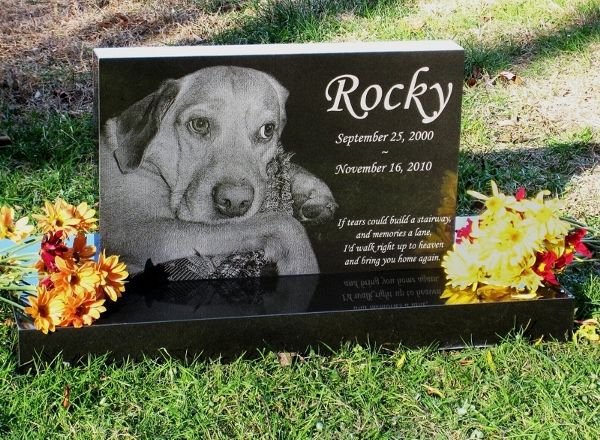
Final Thoughts
The grief that comes with losing a pet can be overwhelming, but it’s important to remember that it is an essential part of the healing process. By allowing yourself time to grieve and engaging in self-care, exercise, and creating something meaningful in your memory, you will eventually be able to move forward while still cherishing the time you shared with your pet.
It’s OK to take as long as you need, and it’s OK not to be OK — but eventually, the pain will lessen, and you’ll have sweet memories of your beloved companion to carry in your heart forever. So take care of yourself during this challenging time, and know that you are never alone.
Frequently Asked Questions
HOW LONG DOES IT TAKE TO STOP CRYING AFTER LOSING A PET?
Losing a beloved pet can be devastating but often unrecognized as a legitimate source of physical and emotional pain. It is common to cry uncontrollably with self-blame. Unfortunately, the reality is that the grieving process following these losses isn’t something we should expect to get over quickly; symptoms may last up to one year on average or even longer in some cases.
WHY DOES LOSING A PET HURT SO MUCH?
Psychologist Julie Axelrod suggests that the passing of a beloved pooch can mean so much more than saying goodbye to an animal companion; it may signify losing out on unconditional love, security and comfort from the four-legged friend – in some cases, even becoming akin to parenting.
CAN YOU GET PTSD FROM LOSING A PET?
Respondents who had lost a pet recently filled out an extensive questionnaire assessing post-traumatic stress disorder. PTSD is the lasting emotional impact of experiencing trauma and can manifest as recurrent memories, heightened anxiety, or hyperarousal for four weeks or longer after the event.
WHY DO I MISS MY DOG SO MUCH IT HURTS?
Humans experience profound grief when saying goodbye to their canine companions because dogs provide more than just friendship: they offer unconditional love and faithful loyalty, providing humans with an opportunity for connection. Moreover, pet owners often feel the weight of responsibility in caring for a man’s best friend, making it especially hard to cope with this loss.

